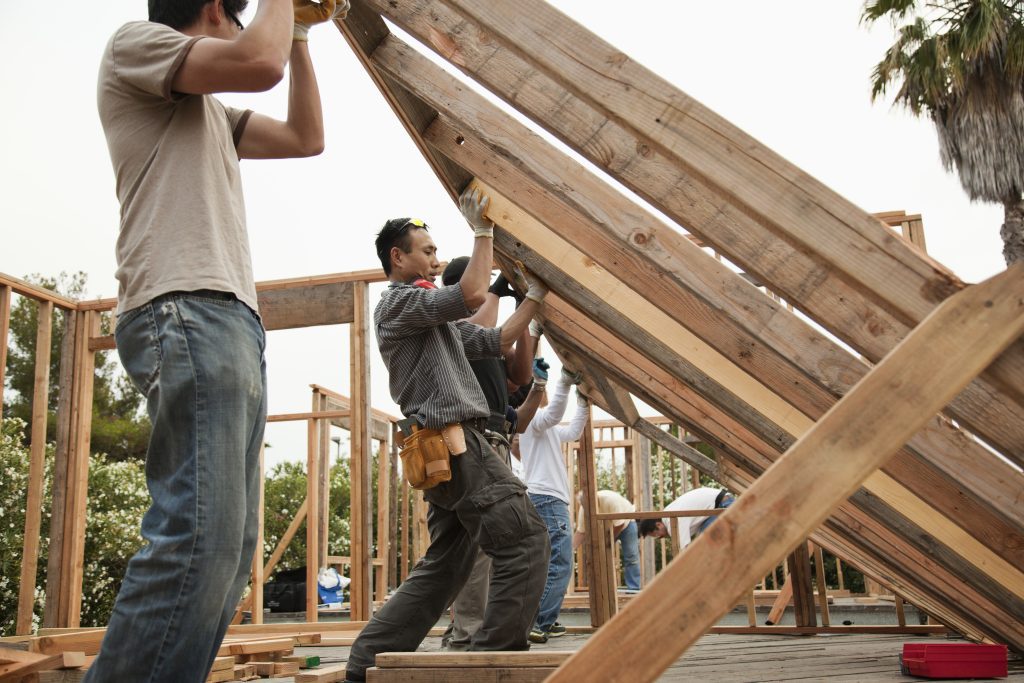As Building Costs Grow, Consider Your Homeowners’ Coverage

By Max Dorfman, Research Writer, Triple-I (07/14/2022)
Home construction and maintenance costs are on the rise, and homeowners should be factoring these trends into their insurance decisions – especially as risks related to weather and climate intensify.
Rising interest rates and persistent disruptions in the building-materials supply chain can affect repair and replacement costs for purposes of homeowners’ insurance. However, a recent American Property Casualty Insurance Association (APCIA) survey found that approximately two-thirds of insured homeowners could be without key additional coverages – including automatic inflation guard, extended replacement cost, and building code/ordinance coverage – that could more effectively protect their investment.
“Inflation, recent supply chain issues, and increased demand for skilled labor and construction materials following unprecedented natural disasters in the last two years have contributed to a significant increase in the costs to rebuild homes and businesses,” said Karen Collins, assistant vice president of personal lines at APCIA. “It is imperative that homeowners review and, if needed, update their insurance prior to hurricane season to keep pace with rising costs.”
Most homeowners’ policies today cover replacement cost for structural damage, but it’s wise to check your policy – especially if you have an older home. A replacement cost policy will pay for the repair or replacement of damaged property with materials of similar kind and quality.
The limits of your policy typically appear on the Declarations Page under Section I, Coverages, A. Dwelling. Your insurer will pay up to this amount to rebuild your home. If the limits of your homeowners’ policy haven’t changed since you bought your home, you may be underinsured – even if you haven’t made any upgrades.
Many insurance policies include an “inflation guard” clause that automatically adjusts the limit to reflect current construction costs in your area when policies are renewed. If your policy doesn’t include this clause, see if you can purchase it as an endorsement.
Adding to the threat and potential costs is the steady growth in natural catastrophe losses in recent decades. This year’s Atlantic hurricane season is expected to be “well above average,” and wildfires are starting earlier, inflicting greater losses, occurring in more states, and taking more time to suppress.
Triple-I offers tips on how to properly insure your home for a disaster— which is all the more important given current market conditions, and the escalating threat of catastrophe.





